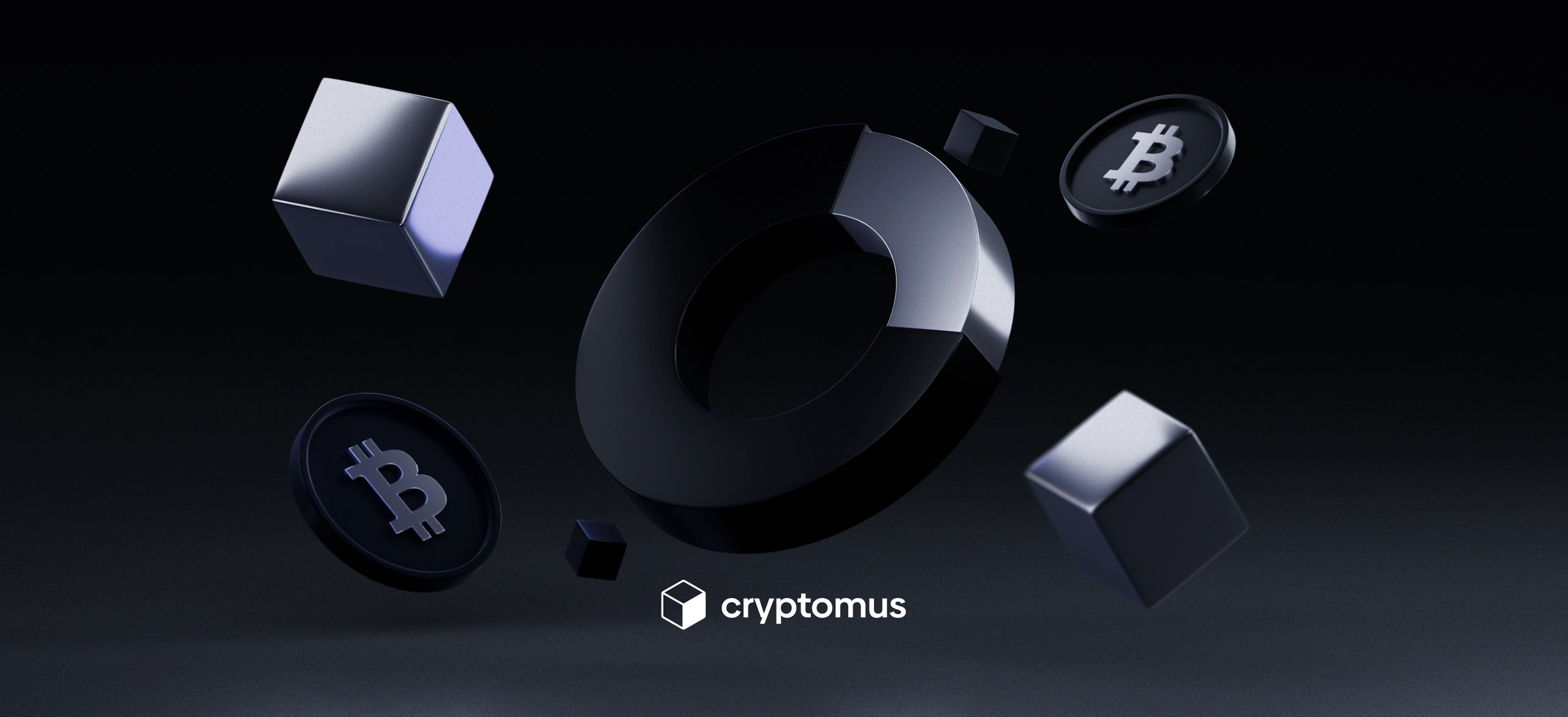
How Many Confirmations Are Needed For Transaction?
Table of Contents
Grasping the concept of confirmations is essential to protecting your crypto assets. But what are confirmations, and why do they hold significance?
This guide will get into the importance of transaction confirmations. We’ll clarify how they work and showcase the number of confirmations required for different popular blockchains.
The Role Of Blockchain Confirmations
A blockchain confirmation shows a transaction is complete and added to the permanent record. Every block added to the chain enhances the security of all preceding blocks. The more confirmations a transaction has, the harder it is for hackers to undo or change it. That's because the computational resources required to change a repeatedly confirmed transaction are astronomical, making it virtually impossible for an attacker.
Confirmations also help to prevent double-spending, where an individual attempts to spend the same cryptocurrency twice. In addition, they alleviate concerns for merchants and businesses regarding crypto payment acceptance. While a single confirmation can validate small payments, larger sums generally necessitate multiple confirmations as a safeguard against chargebacks.
What Affects The Transaction Confirmation Speed?
The rate at which a transaction is confirmed can be affected by several factors:
-
Network congestion: high transaction volume can lead to longer confirmation periods as the network becomes overloaded.
-
Block size and block time: different blockchains have varying block sizes and times it takes to mine or validate a block. Smaller block sizes or faster block times can lead to quicker confirmations.
-
Transaction fees: transactions with higher fees are often processed quicker by miners or validators.
-
Consensus mechanism: the employed consensus mechanism is significantly impacted by the employed consensus mechanism. PoW is typically slower due to computational demands, while PoS is faster.
List Of Required Transaction Confirmations And Their Time For Different Blockchains
The number of confirmations necessary to irreversibly validate a transaction differs between blockchains. The following table covers all the popular blockchains:
| Blockchain | Number of Confirmations | Average Transaction Time | |
|---|---|---|---|
| Bitcoin (BTC) | 1-6 | 10-60 minutes | |
| Ethereum (ETH) | 12 | ~20 minutes | |
| Litecoin (LTC) | 1-12 | 5-10 minutes | |
| Dogecoin (DOGE) | 1-10 | ~10 minutes | |
| Bitcoin Cash (BCH) | 15 | 1 to 1.5 hours | |
| Monero (XMR) | 10 | ~2 minutes | |
| Polygon (POL) | 127 | ~4 minutes | |
| USDT (ERC-20) | 3-30 | ~5 minutes | |
| USDT (TRC-20) | 19 | Less than 1 minute |

How Many Confirmations Does Bitcoin Need?
Bitcoin transactions typically require 1-6 confirmations to be secure. The typical duration of a single transaction ranges from 10 to 60 minutes, based on both network conditions and the exact transaction costs.
How Many Confirmations Does Ethereum Need?
Ethereum typically needs 12 confirmations. Now it uses the Proof of Stake mechanism and ETH transactions typically take around 20 minutes, thanks to its relatively fast block time.
How Many Confirmations Does Litecoin Need?
LTC operates similarly to Bitcoin but with a faster block time. Litecoin requires 1-12 transaction confirmations. Each confirmation takes about 5-10 minutes, but it can change depending on how busy the network is at the particular moment.
How Many Confirmations Does Dogecoin Need?
DOGE is renowned for its humorous origins, inspired by the iconic internet meme. Dogecoin transactions generally require 1-10 confirmations. The average time for one transaction is approximately 10 minutes.
How Many Confirmations Does Bitcoin Cash Need?
A secure Bitcoin Cash transaction needs 15 confirmations. The average time for one transaction ranges from 1 to 1.5 hours, similar to Bitcoin but with more confirmations needed due to its specific security considerations.
How Many Confirmations Does Monero Need?
Monero is a privacy-focused cryptocurrency that needs 10 confirmations. With an average transaction confirmation time of approximately 2 minutes, this blockchain stands out as one of the speediest options while still prioritizing user privacy.
How Many Confirmations Does Polygon Need?
POL is a high-speed layer-2 solution for Ethereum. On the Polygon network, transactions are generally considered secure after 127 confirmations. However, due to its rapid block time, these confirmations can be completed in about 4-5 minutes.
How Many Confirmations Does USDT Need?
The number of confirmations for USDT depends entirely on the underlying blockchain network it's issued on. USDT on Ethereum (ERC-20) requires 3-30 transaction confirmations. Transactions are processed in an average of 1 to 10 minutes.
USDT on Tron (TRC-20) is a bit quicker, needing 19 confirmations. The transaction time for it is less than 1 minute, making it one of the speediest options.
As for the other blockchains, confirmation requirements will rely on specific blockchain protocols.
Now you know that the number of confirmations required for transaction security is highly variable and depends on the blockchain in question. Understanding those differences is important for everyone involved in crypto trading, as it helps you measure the security and speed of their transactions.
Hopefully, this guide was helpful. Send in your thoughts and questions below!
Simplify Your Crypto Journey
Want to store, send, accept, stake, or trade cryptocurrencies? With Cryptomus it's all possible — sign up and manage your cryptocurrency funds with our handy tools.
Get Started









